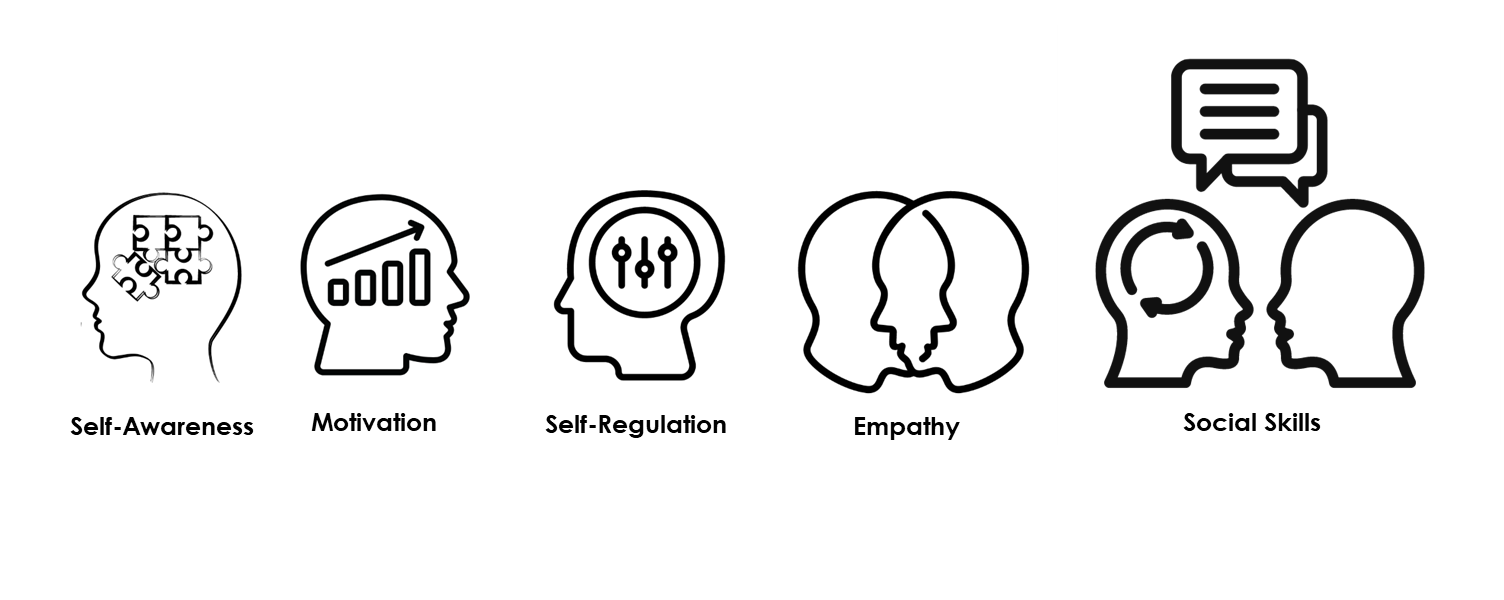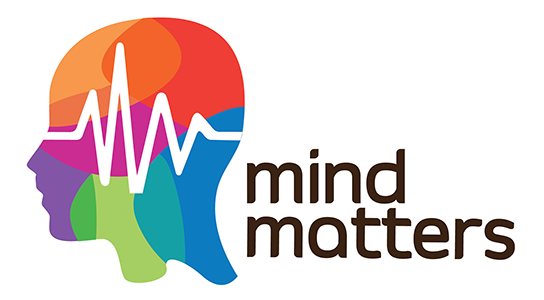
Emotional Intelligence Components |
Definition |
With BADMental Health |
With GOODMental Health |
| SELF-AWARENESS | Self-knowledge gained through feedback received and ongoing self-reflection |
Constructive negative feedback is taken personally and met with defensiveness. Due to low self-esteem, self-reflection is avoided as it brings up negative feelings such as shame |
Emotional resilience is high and constructive negative feedback is received openly. Inner calmness provides the basis of honest self-reflection |
| MOTIVATION | Preparedness for action | Difficulty finding the energy and purpose to carry out an activity. This can lead to prolonged procrastination | Stress is managed to avoid overload, freeing up energy and focus for necessary action |
| SELF-REGULATION | Ability to soothe one’s emotions oneself, i.e. anger & fear | Spending a lot of time feeling high levels of negative emotions leads to a life in survival mode. In this continuous state of alert, managing emotions becomes increasingly difficult | With relaxation techniques, such as Mindfulness, and meditation, the part of the brain responsible for survival mode shrinks and the part of the brain responsible for emotional regulation grows |
| EMPATHY |
Ability to understand another’s feelings without taking them as our own (that’s sympathy!) |
Feeling bad about and within oneself, makes it difficult to want to take anyone else’s problems into consideration | Showing empathy to ourselves develops Inner harmony and self-acceptance. This increases the ability to be empathic to others exponentially |
| SOCIAL SKILLS | Healthy interactions and communication with others |
Others are often perceived as a source of danger or irritation and relationships become dysfunctional Communication is one-sided, either aggressive or passive, and does not lead to a dialogue |
Improved relationships with ourselves leads to healthier relationships with others Communication is assertive as we feel deserving to ask for what we want whilst remaining respectful and calm, leading to meaningful exchanges |



